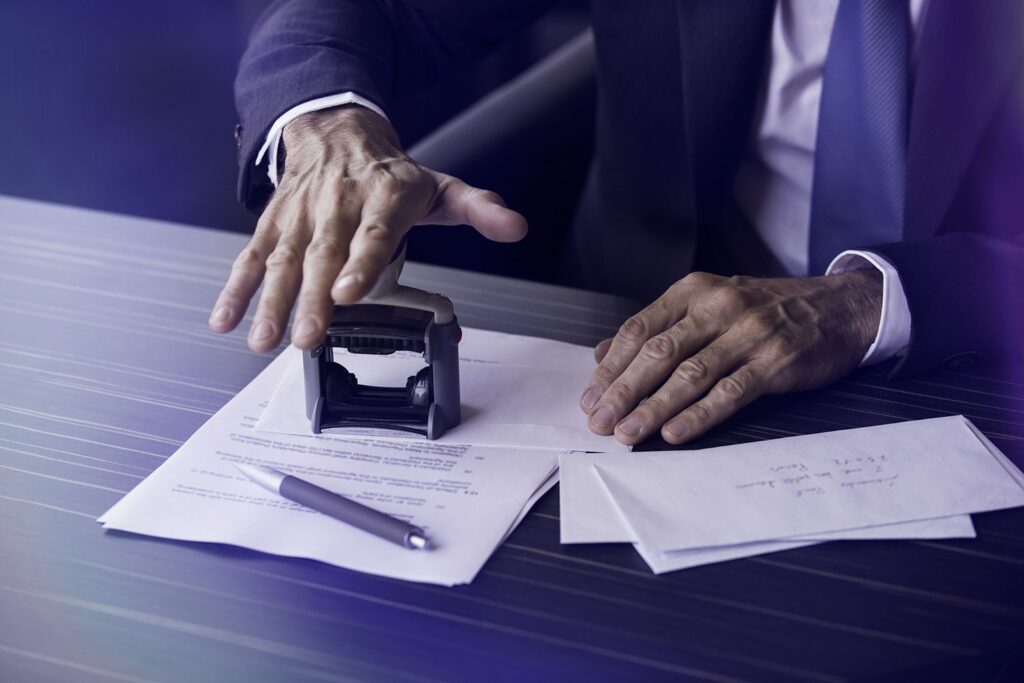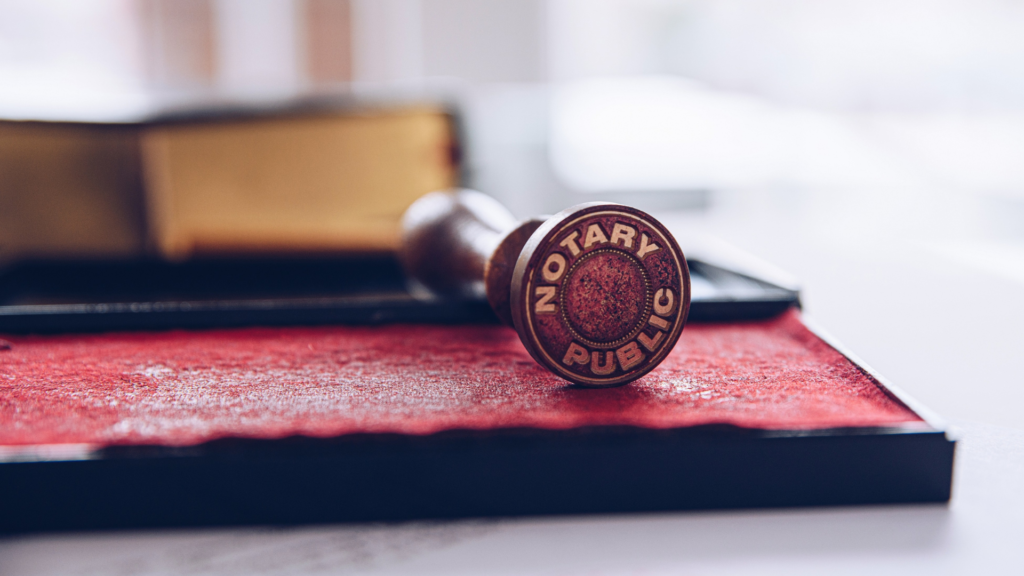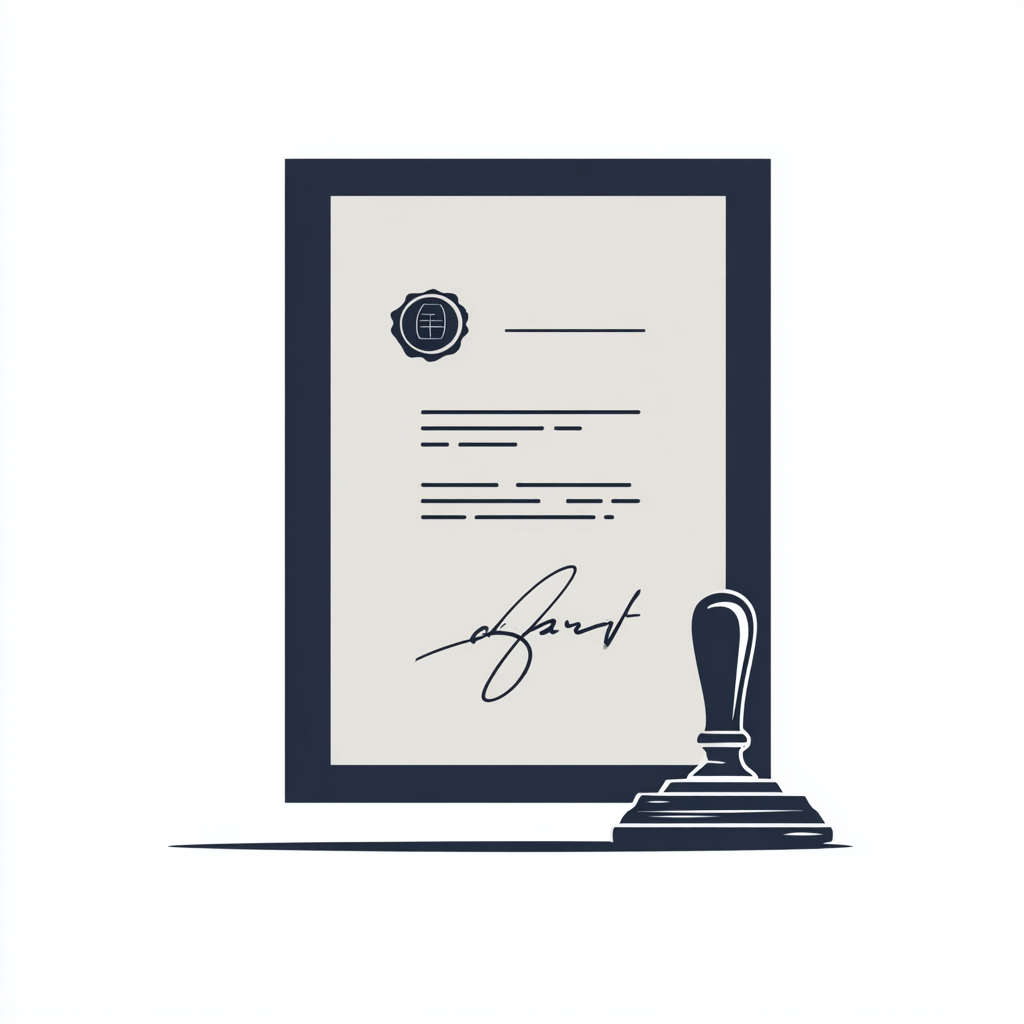Notaries play a crucial role in ensuring the authenticity of legal documents and transactions. They are responsible for verifying the identity of signatories and certifying that documents are executed properly – but can a notary be a witness, perhaps?
This is a question that very frequently arises in many situations. So, in this article, we want to talk about whether a notary can also act as a witness to a document they notarize, as well as explore their roles and limitations while doing so.
Can a notary be a witness?
Well, yes and no. It will depend on the circumstances and the laws of the jurisdiction in which they operate. So let’s explore a breakdown of when a notary can and cannot act as a witness:

When can a notary be a witness?
- When their role as a notary is not required
Notaries are often associated with verifying the authenticity of documents, but there are situations where their primary role is not necessary. For example, when a document doesn’t require notarization but simply needs an impartial witness, a notary can serve in this capacity.
In such cases, they are acting solely as a witness and not in their official capacity as a notary. This is particularly useful when someone needs a reliable and unbiased observer to attest to the signing of a document, such as a will, contract, or legal agreement. - When they are a disinterested party
A critical aspect of a notary serving as a witness is their status as a disinterested party. To maintain the integrity of the witnessing process, a notary must have no personal interest in the document or the parties involved.
This means they should not stand to gain or lose anything based on the document’s content or the outcome of the transaction. By being impartial and unbiased, they ensure that the witnessing process remains objective and trustworthy. - When permitted by local laws
The permissibility of notaries acting as witnesses may vary by jurisdiction. Some states or countries explicitly permit notaries to serve as witnesses – while others may have specific regulations governing this practice.
To ensure compliance with local laws and regulations, it is essential to consult the legal framework in the specific jurisdiction where the document is being executed. Legal requirements can vary significantly, and failing to adhere to them can undermine the validity of the document and potentially lead to legal complications.

When can a notary not be a witness?
- When notarization is required
Notaries play a critical role in ensuring the authenticity and legality of various documents. See, when a document must be notarized, the notary’s primary responsibility is to execute notarial duties, which encompass verifying the identity of the involved parties and certifying the execution of the document.
This process is vital for maintaining the integrity of legal and official paperwork, as it creates a clear, unbiased record of the document’s execution. By design, a notary is expected to be impartial and objective – acting as a neutral third party to prevent fraudulent activities or undue influence during the signing of documents.
Given this role, a notary cannot serve as a witness in the traditional sense, since being a witness to the document may introduce a potential conflict of interest for the notary. It could compromise the notary’s objectivity and impartiality, which are essential for upholding the legal validity of the notarization process. - When the document pertains to the notary
In certain situations, a notary may have a personal connection to the document being notarized. It is important to emphasize that notaries should refrain from acting as witnesses in such cases.
These situations can include instances where the notary is one of the parties to the document, such as a beneficiary, grantor, or a person with a vested interest in the document’s contents. In these circumstances, the notary’s involvement as a witness would create an ethical and legal conflict of interest.
The roles of a notary
A notary is a public officer appointed by the state to serve as an impartial witness to various transactions and to deter fraud. Therefore, their role goes far beyond the mere act of applying a stamp and a signature on documents.

One of the core duties of a notary is to confirm the identity of individuals signing documents. This verification process plays a crucial role in preventing impersonation or fraud.
Notaries must meticulously examine government-issued identification, such as driver’s licenses or passports, and compare the information to the individual before them. This ensures that the person signing the document is, in fact, who they claim to be, fostering trust and security in the transaction.
They also serve as a safeguard against coerced or involuntary signatures. They play a pivotal role in ensuring that documents are signed voluntarily and willingly by the parties involved.
This involves more than just observing the act of signing; notaries often engage in a brief conversation with the signers to gauge their willingness and understanding of the document’s contents. By doing so, they act as a neutral third party, preserving the integrity of the agreement.
Notaries are meticulous record-keepers. After notarizing a document, they create a notarial certificate or make an entry in an official journal. This record is a crucial part of the notarial process, as it serves as an indelible record of the transaction.
It typically includes the date, names of signers, a description of the document, and any other relevant details. Should a dispute arise regarding the validity of the document or the circumstances of its signing, this record becomes an invaluable resource in legal proceedings.
Beyond these roles, notaries also have the authority to administer oaths and affirmations. This power allows them to take statements from individuals, wherein the individual solemnly swears or affirms that the contents of a document are true. This function is especially crucial in situations where truth and accuracy are paramount, such as in legal affidavits or sworn statements.
And finally, notaries are often well-versed in the laws and regulations governing notarial acts in their respective jurisdictions. They must adhere to a strict code of ethics to maintain their impartiality and integrity. This ensures that notaries conduct their duties with the utmost professionalism, further enhancing the credibility and legality of the documents they handle.

Get the help of a notary!
As you can see, notaries serve as pillars of trust and credibility in a wide range of transactions, from real estate transfers to wills and legal affidavits. Their multifaceted roles encompass identity verification, ensuring the voluntariness of document execution, meticulous record-keeping, and the solemn administration of oaths.
With their expertise and commitment to ethical standards, notaries play a vital role in maintaining the integrity of various legal and business processes.
But the question of whether a notary can be a witness is a nuanced one – with the answer depending on the specific circumstances and legal requirements of the jurisdiction in question. So make sure to hire a professional you can trust to help you make the best possible legal decisions regarding these subjects!
And if you happen to be around the Orlando area, we can gladly offer that help for you. From real estate closings to the power of attorney documents, we will travel to any place you need to offer our notary mobile services – anywhere around the Orange, Seminole, Osceola, and Brevard Counties.
Call us anytime to get to know about our services.






